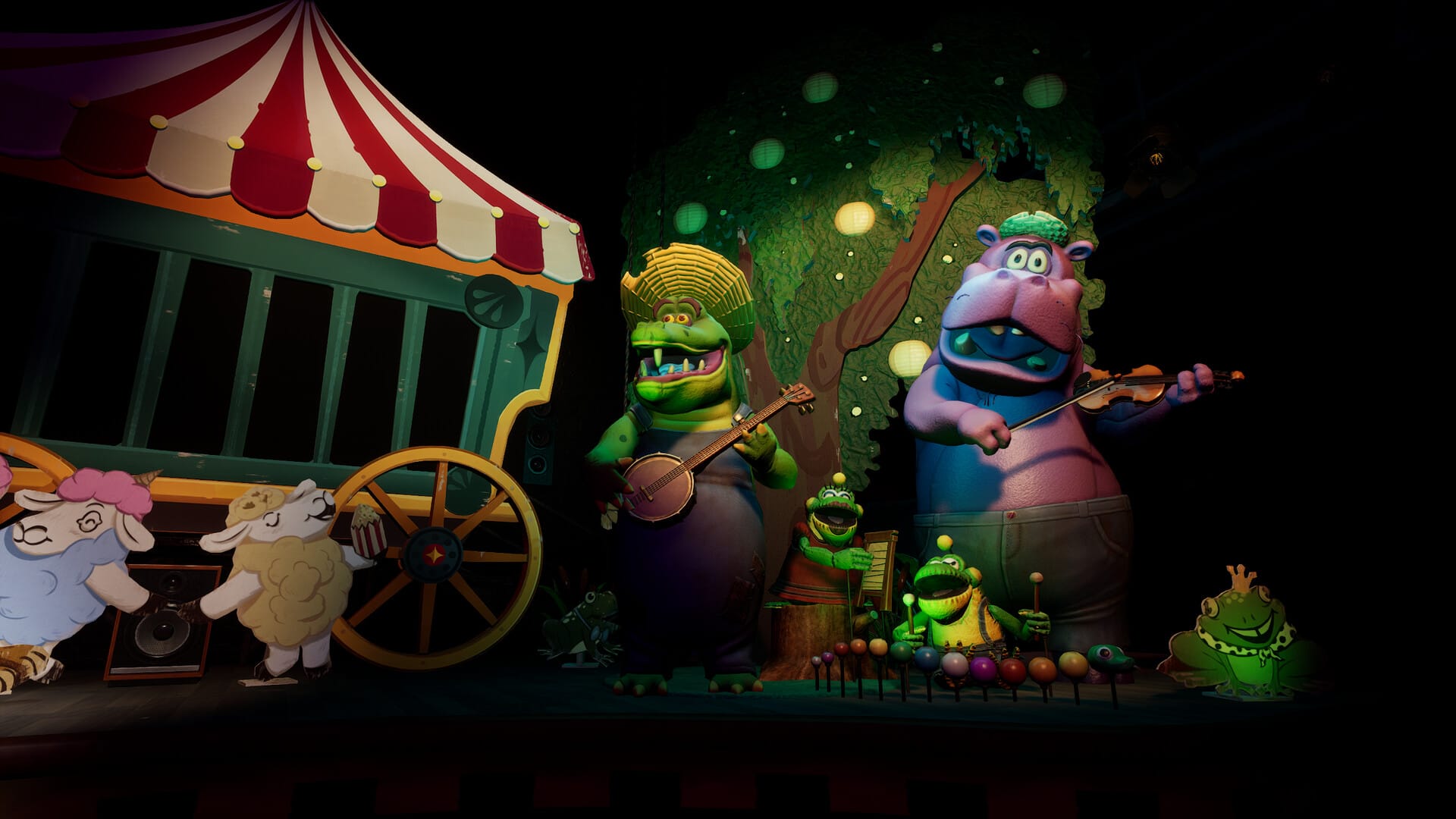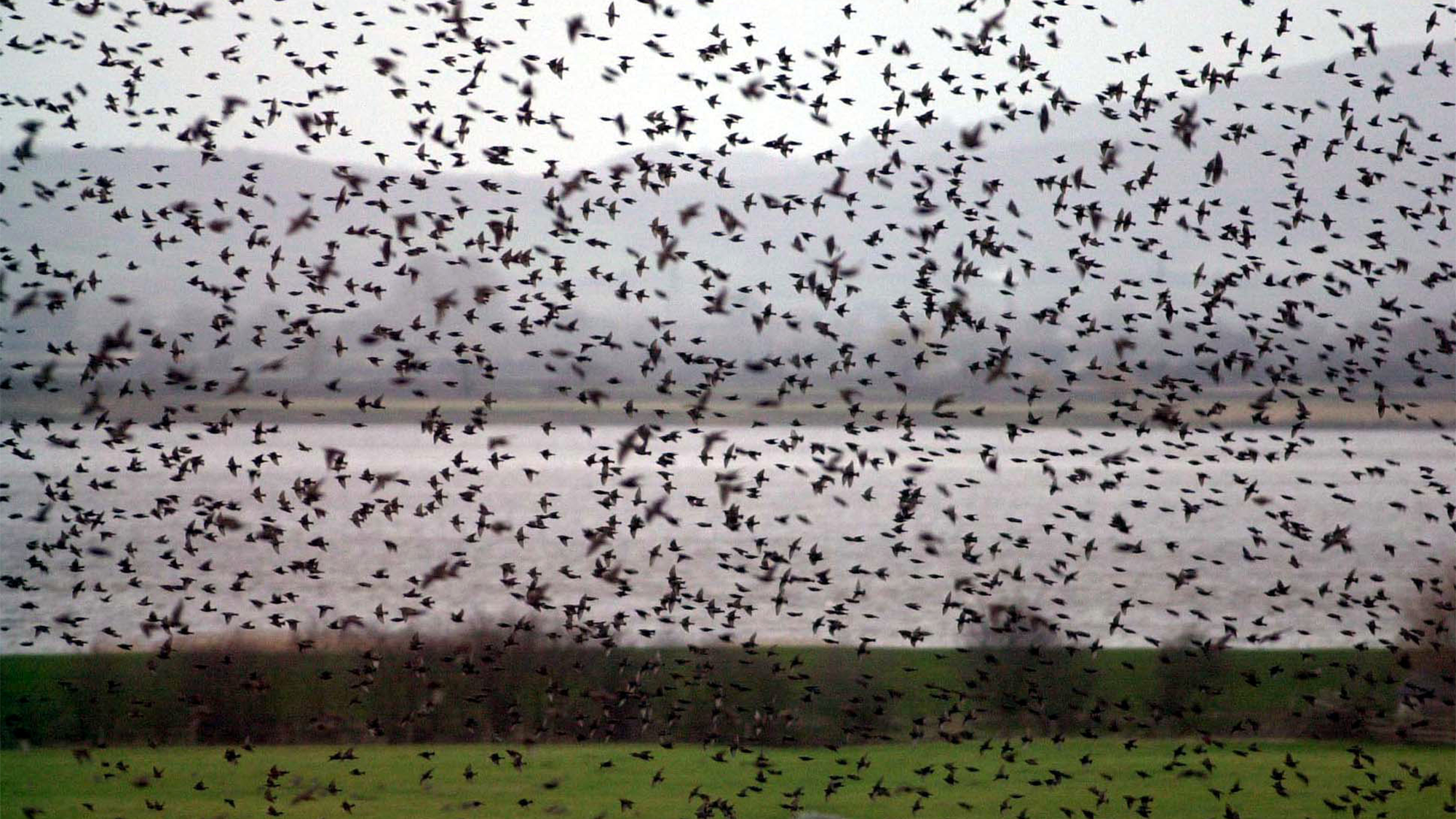Rescued baby skunks enjoy a good song
June is peak baby skunk season. Here's what to do if you see one alone The post Rescued baby skunks enjoy a good song appeared first on Popular Science.

June marks the beginning of baby skunk season, when skunk kits start following their mothers out of their dens. In less than 24 hours, the Raven Ridge Wildlife Center in Washington Boro, Pennsylvania admitted 27 kits into their care. In a Facebook post, the wildlife center in southeastern PA, described a “particularly heartbreaking case” in which a good Samaritan discovered baby skunks near an old shed.

“A single baby skunk or several skunk kits found alone are always in need of rescue,” Tracie Young, a licensed wildlife rehabilitator at the Raven Ridge Wildlife Center, tells Popular Science. “Mother skunks are very protective of their kits and will never leave them out of her sight. The baby skunks have poor eyesight but a good sense of smell and that is how they locate and are able to stay with her, especially at night.”
In other words, if a skunk kit is on its own, it’s not because it strayed too far and got lost. Sure enough, the man also found what he believed to be the dead mama skunk. He thus put the babies in a box and drove them to the wildlife center. The facility’s staff will care for the baby skunks for several months before setting them free, according to the post.

Young says that they receive an average of 50 to 70 skunks kits during the busy baby season, and can admit over 20 adults throughout the year. Admitted skunks are typically suffering with issues spanning from rabies to soda cans stuck on their heads.

The greatest threats to baby skunks include predators such as the great horned owls (skunks are apparently their favorite food), vehicle collisions, dog attacks, and even members of the public who “fall in love with this little innocent cute ball of fuzz and decide to keep it.”
Unfortunately, in states like Pennsylvania, this human exposure requires authorities to euthanize the skunk and test it for rabies. Young thus emphasizes that if anyone spots one or more motherless skunk babies, they should always reach out to a licensed wildlife rehabilitation center that specializes in skunks.
[ Related: What to do if you find a baby bird out of its nest. ]
Plus, life is pretty good at the Raven Ridge Wildlife Center (though the best place for a kit skunk is at its mother’s side). Young explains that skunks have individual body language and attitudes, similarly to cats. Since they have “poor eyesight and we never want to startle them, we actually sing to them,” she says, specifying that their song of choice is a modified version of the viral ‘Baby Shark.’
Baby skunk do do do do do do…
The post Rescued baby skunks enjoy a good song appeared first on Popular Science.

























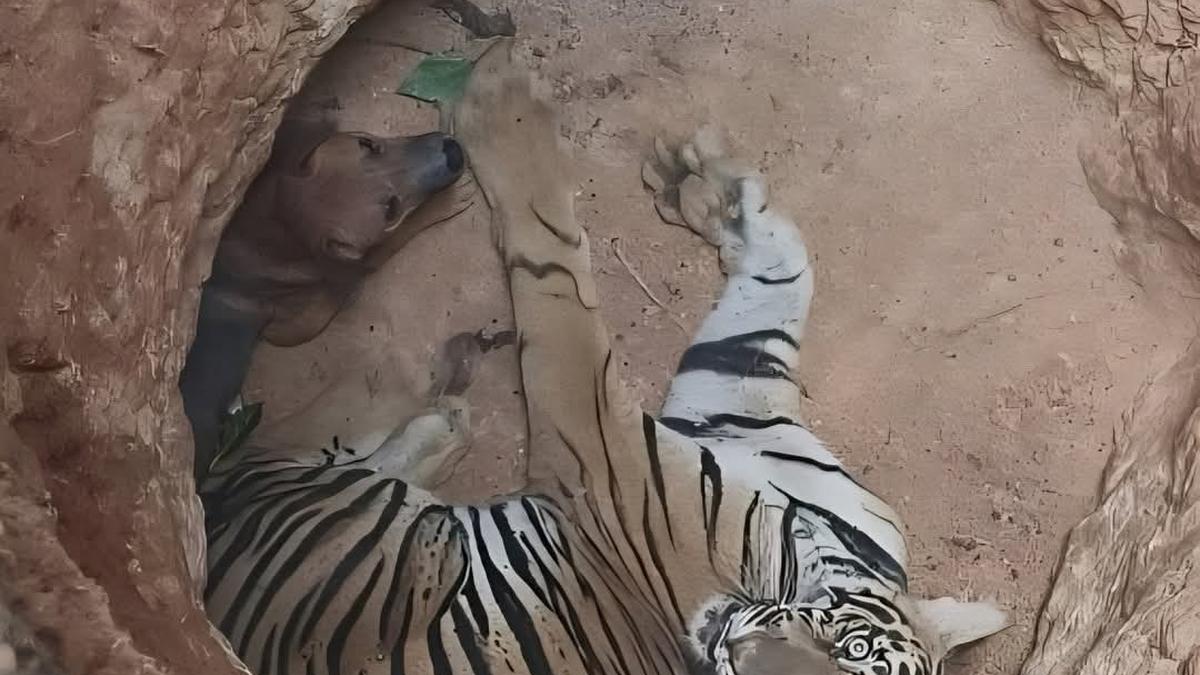








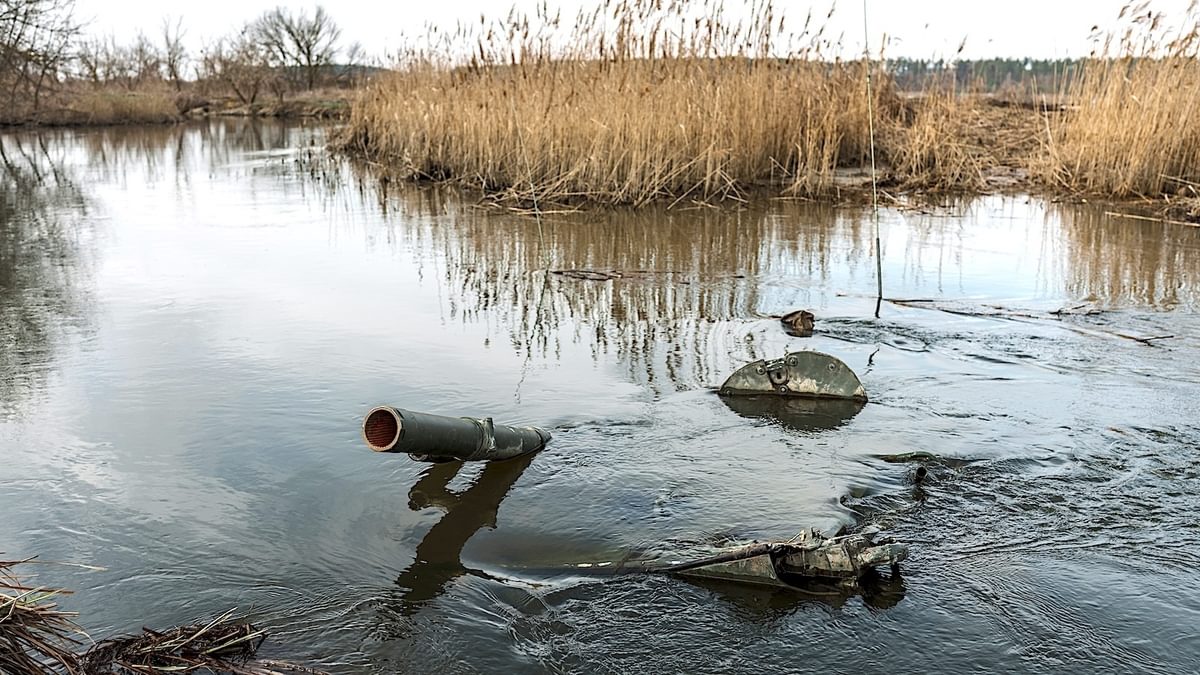





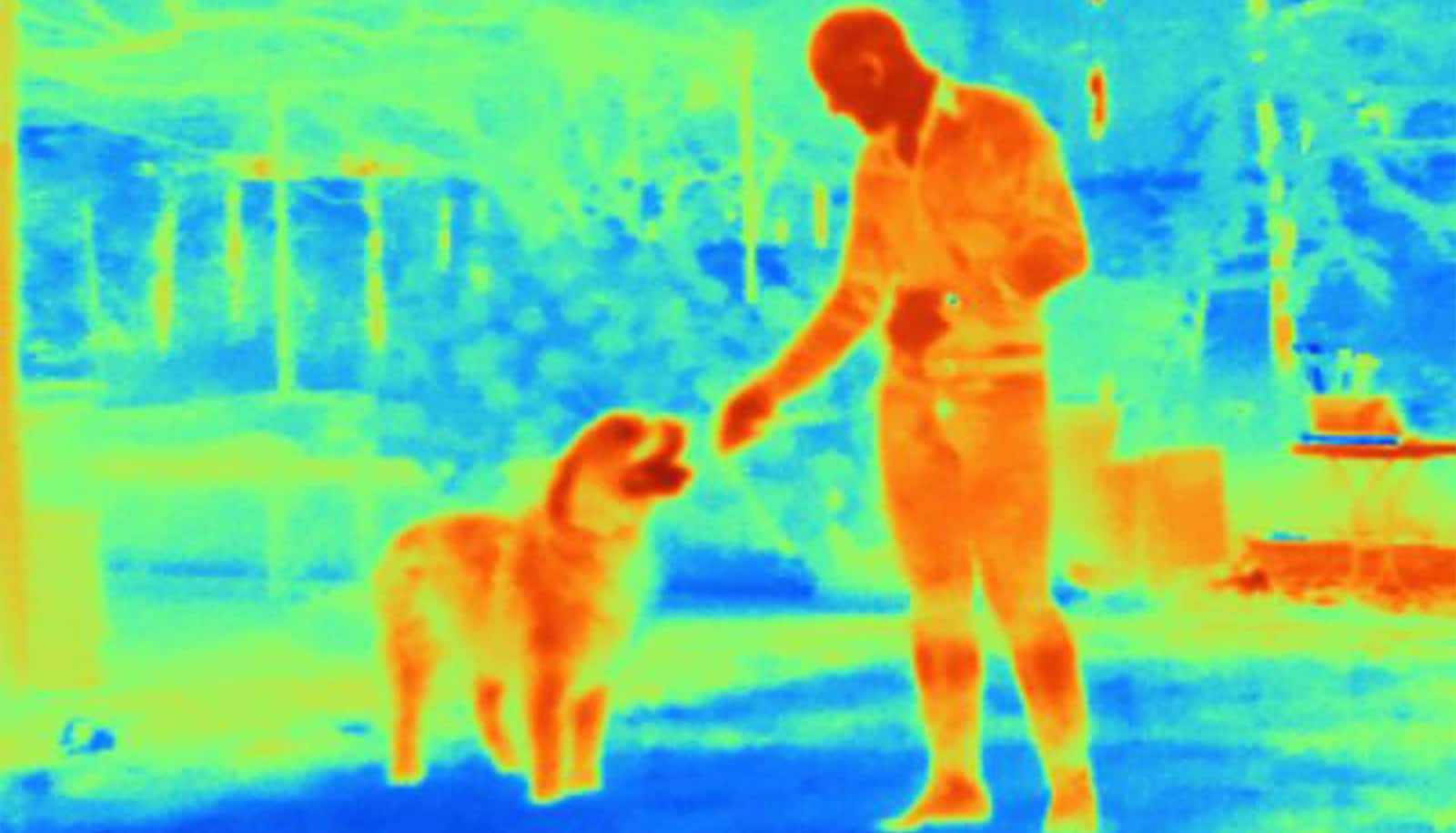



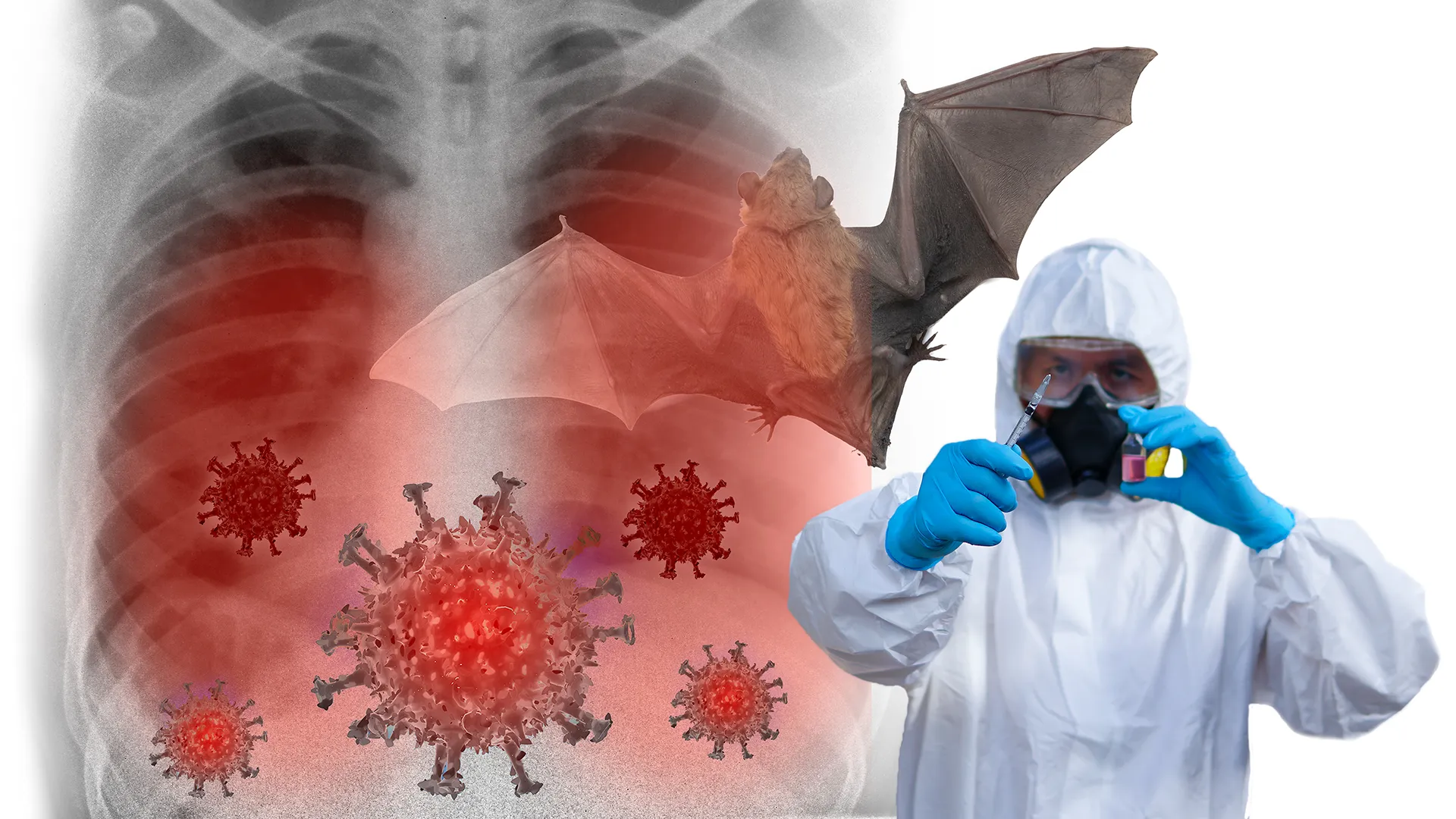
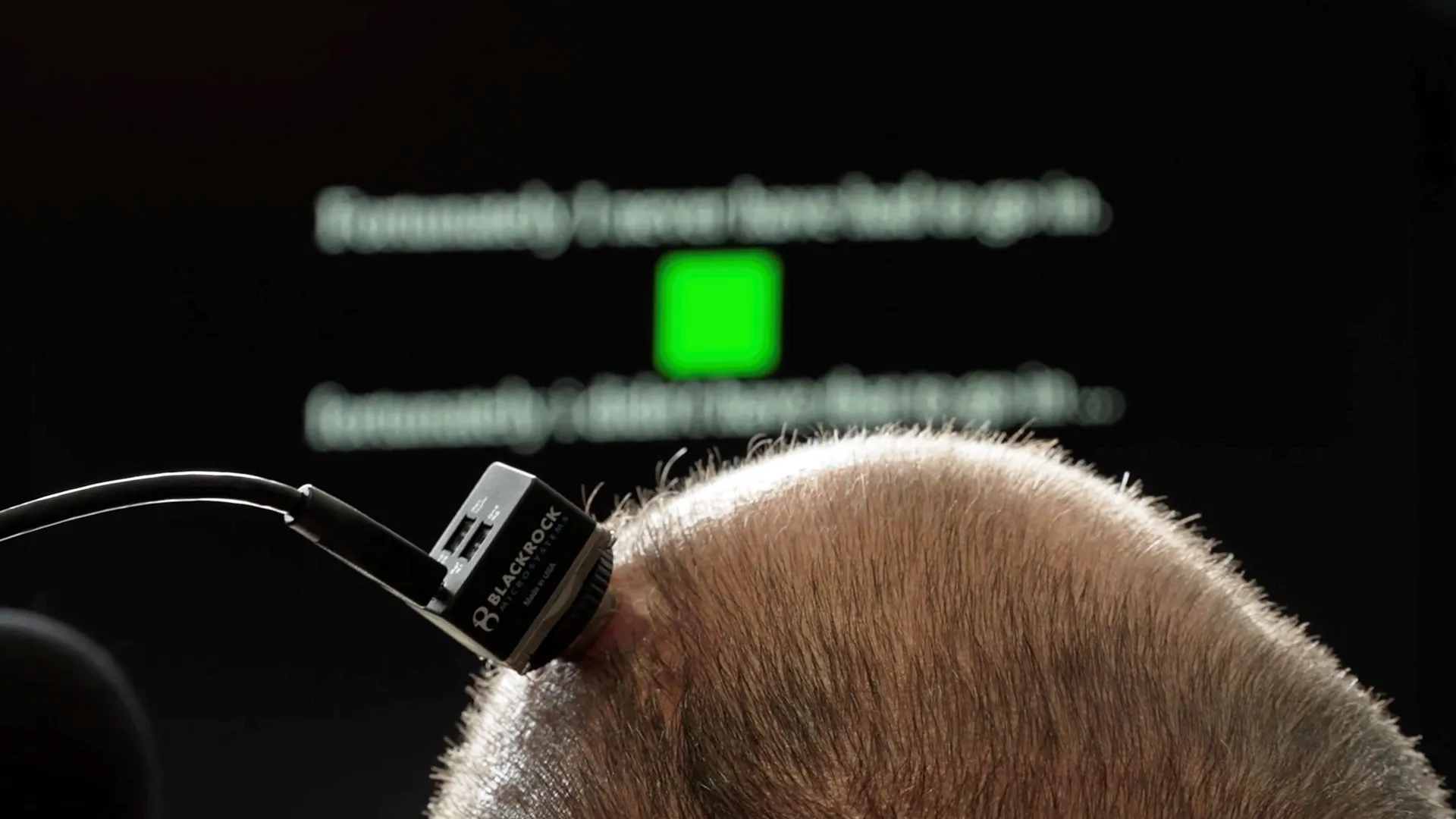

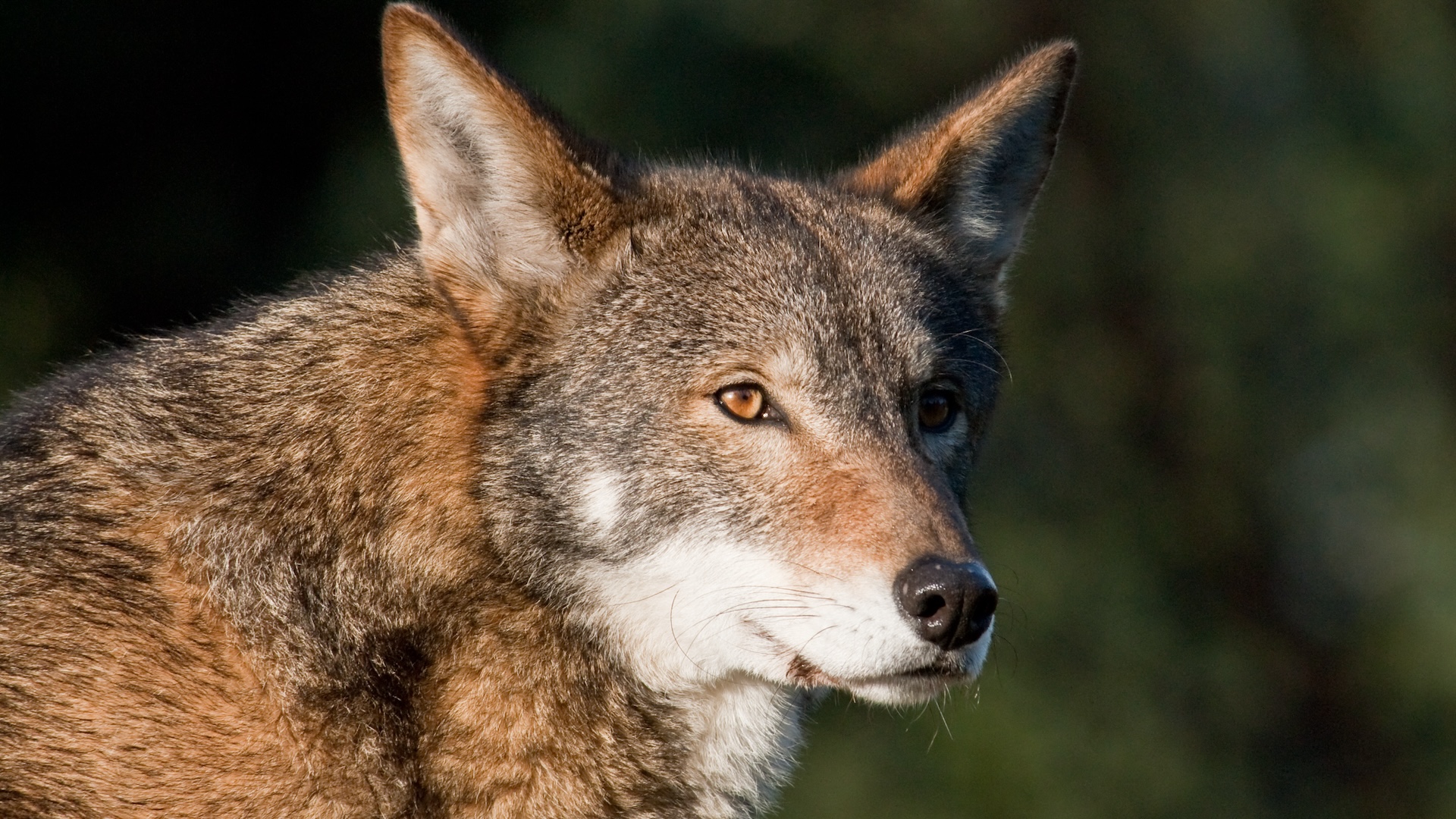

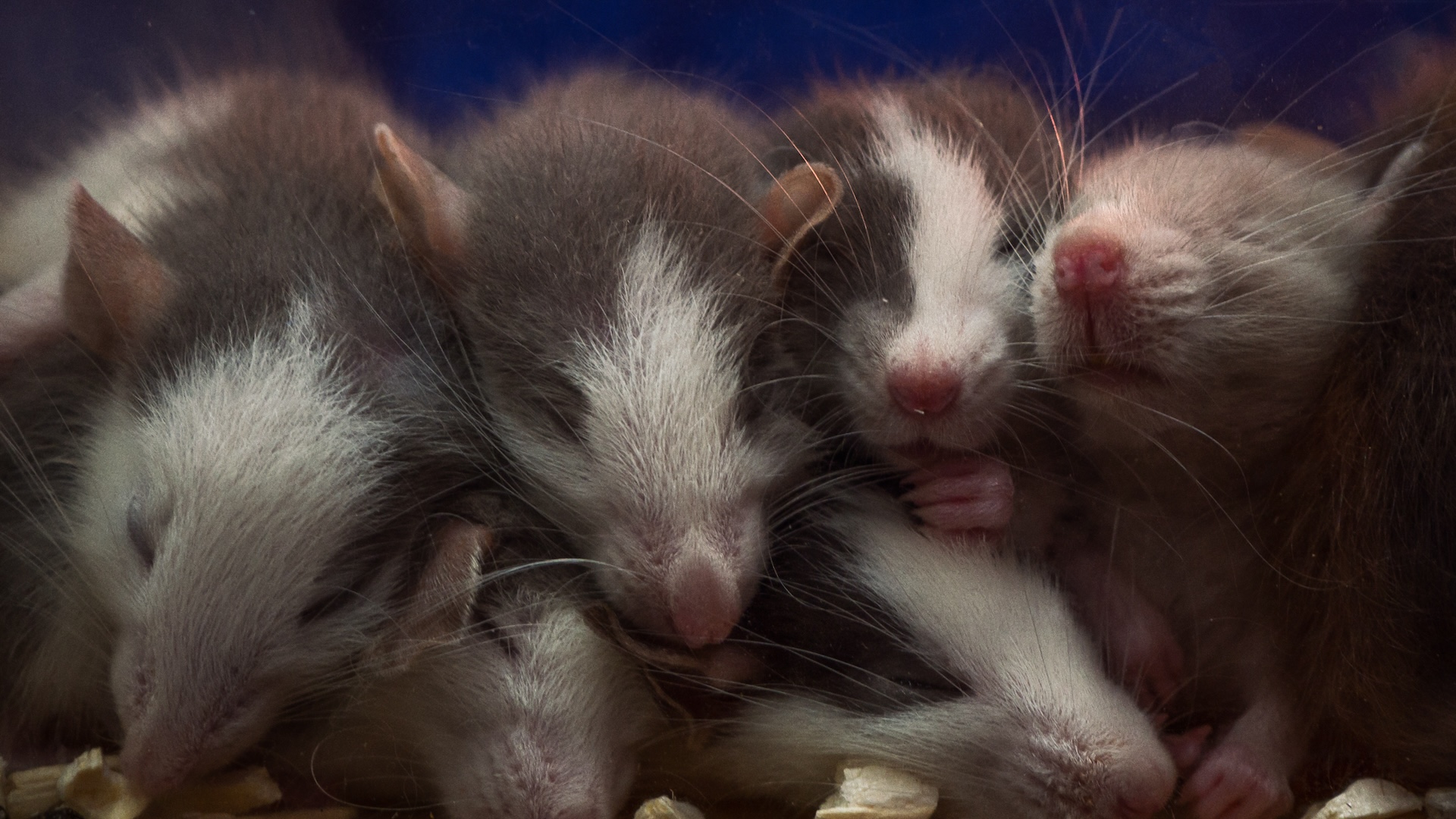


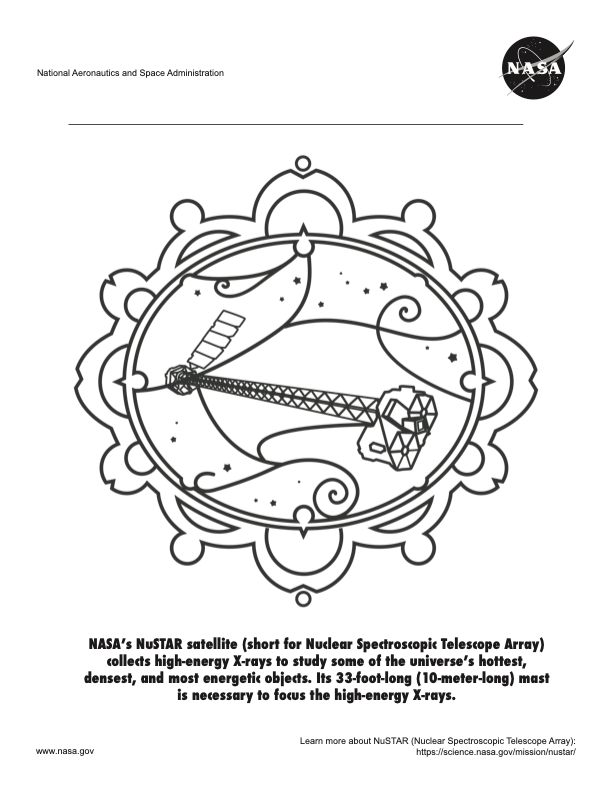





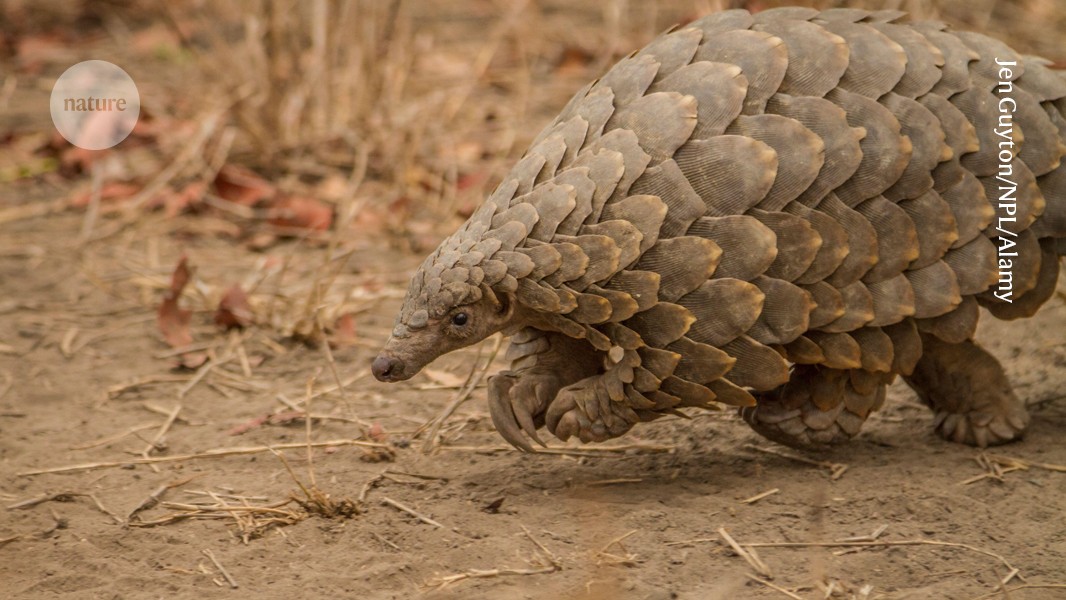

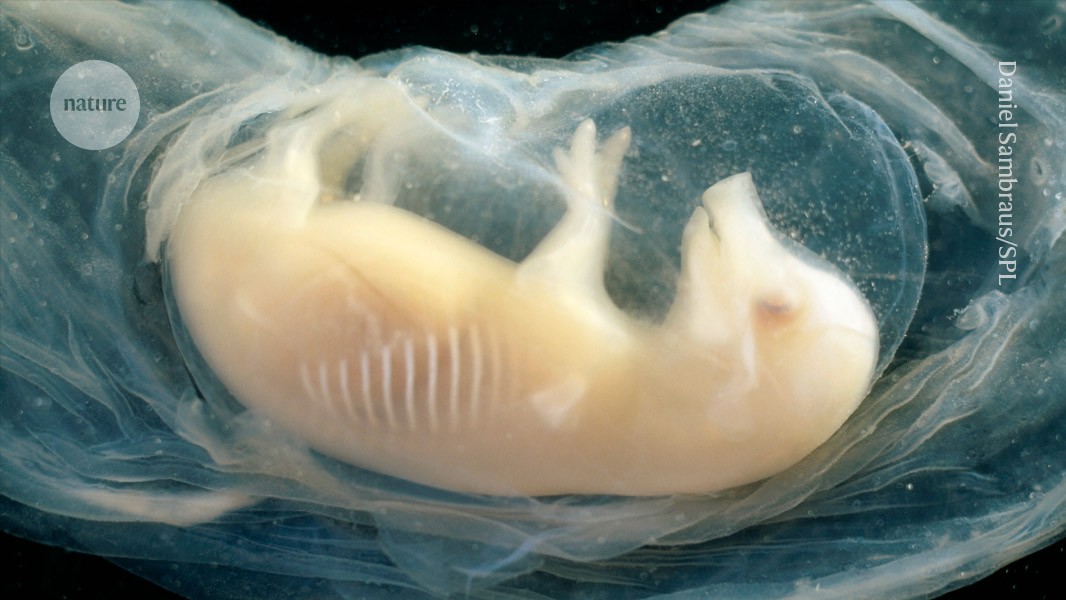









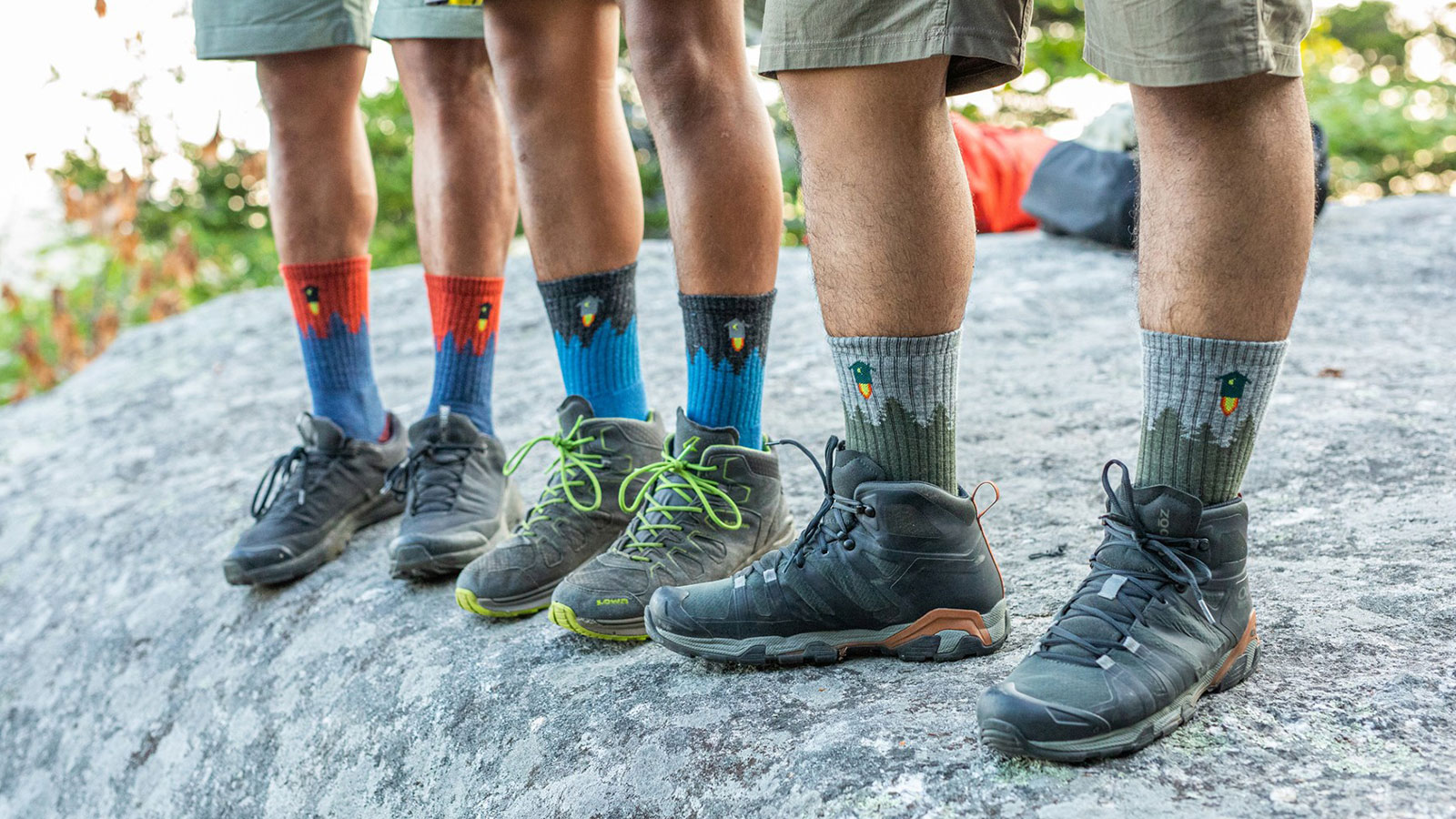


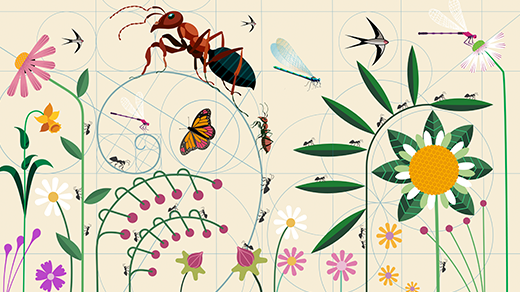













































.png?#)




















